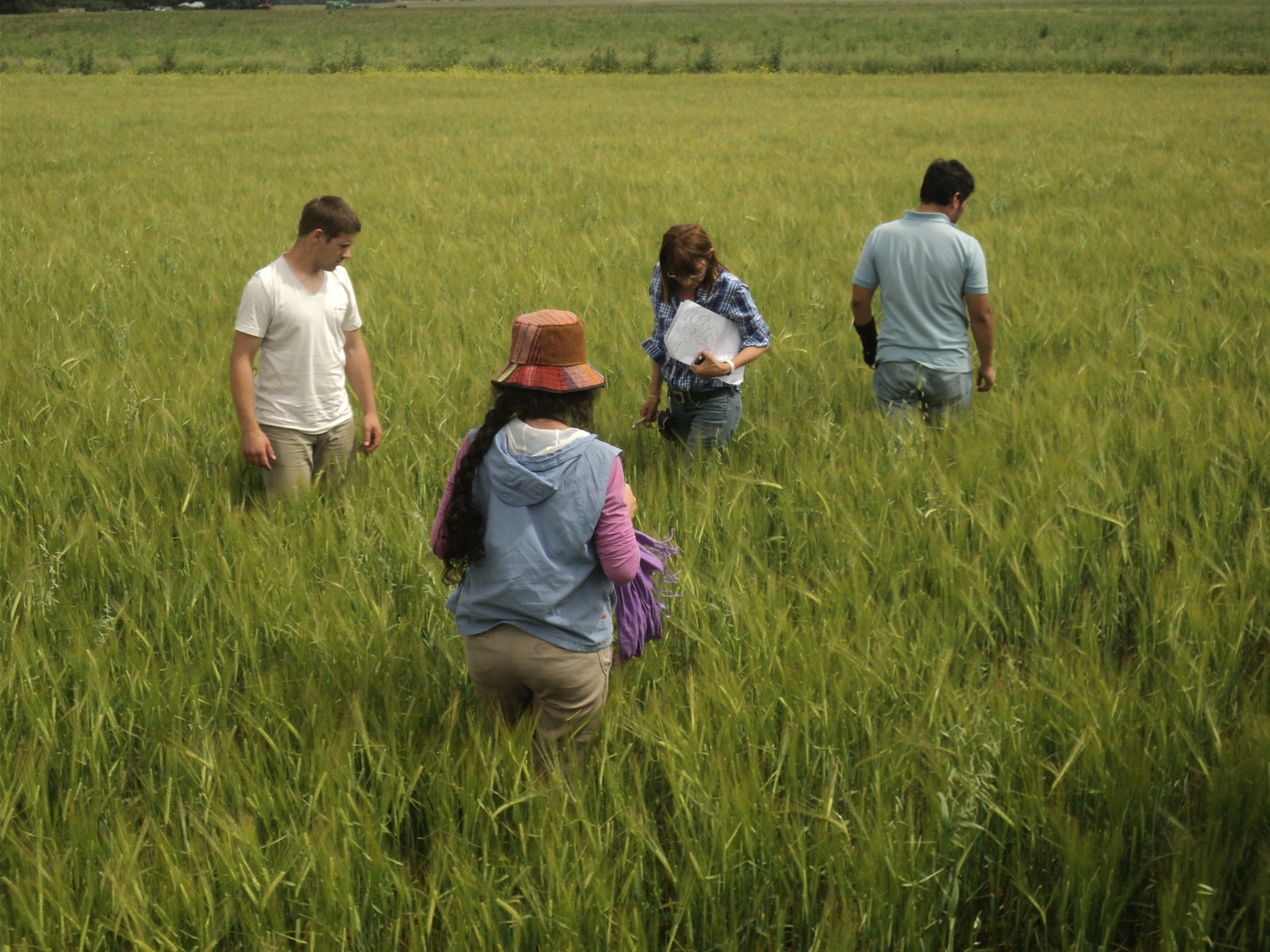Potentialities, challenges and limitations of agroecological research as a new paradigm in agricultural sciences
Keywords:
Scientific paradigm, Post-normal science, Sustainable agriculture, Agro-ecosystems, TeachingAbstract
The scientific research applied to the agrarian sciences in the last 50-60 years has generated a highly productive and profitable agriculture, but with great environmental and social consequences. The predominance of a short-term and reductionist approach, which does not take into account social and environmental costs, has resulted in this unsustainable model. A new paradigm in agrarian sciences is required that contemplates and minimizes long-term environmental and social impacts and generates more inclusive agriculture. This new paradigm has 3 interrelated components: a) sustainability, b) complexity and c) uncertainty. Agroecology emerges as that new paradigm and conception of research. From this new paradigm this article reflects on the topics to be investigated, the profile and training of the researchers and the characteristics of the Institutions and if they serve the methodologies designed and commonly used by research and extension.

Published
Issue
Section
License
Aquellos autores/as que tengan publicaciones con esta revista, aceptan las Políticas Editoriales.


